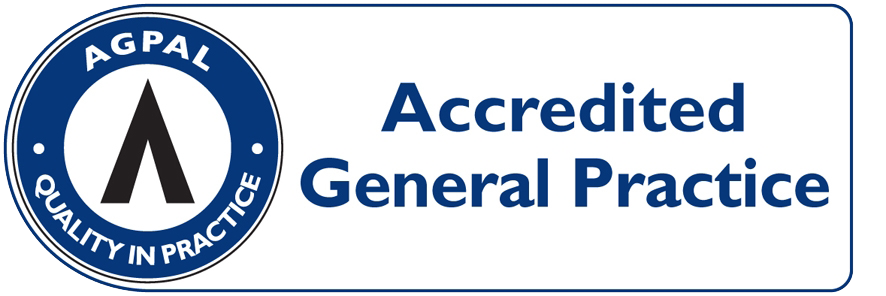What types of Diabetes are there?
The three major types of diabetes are type 1 diabetes, type 2 diabetes and gestational diabetes during pregnancy.
The less common forms of diabetes are caused by infections, specific drugs or chemicals, defects in certain genes, diseases of the pancreas and other conditions.
Type 1 diabetes is also called insulin-dependent diabetes typically occurs in children and young adults, though it can appear at any age. This requires significant lifestyle changes that include frequent testing of blood sugar levels, careful meal planning, daily exercise and taking insulin and other medications as needed. By carefully monitoring glucose, making lifestyle changes and adhering to the treatment plan, a type one diabetic can lead a long and active life.
By far, the most common form of diabetes, Type 2 diabetes is often associated with obesity. It begins with insulin resistance, a condition in which cells fail to respond to insulin properly. This type of diabetes used to be called adult-onset diabetes, yet with the increase in obese and overweight children, more teenagers are now developing type 2 diabetes.
Gestational diabetes occurs when pregnant women develop such high blood-sugar levels that their body is unable to produce enough insulin to absorb it all. This condition occurs even without a history of the disease.


